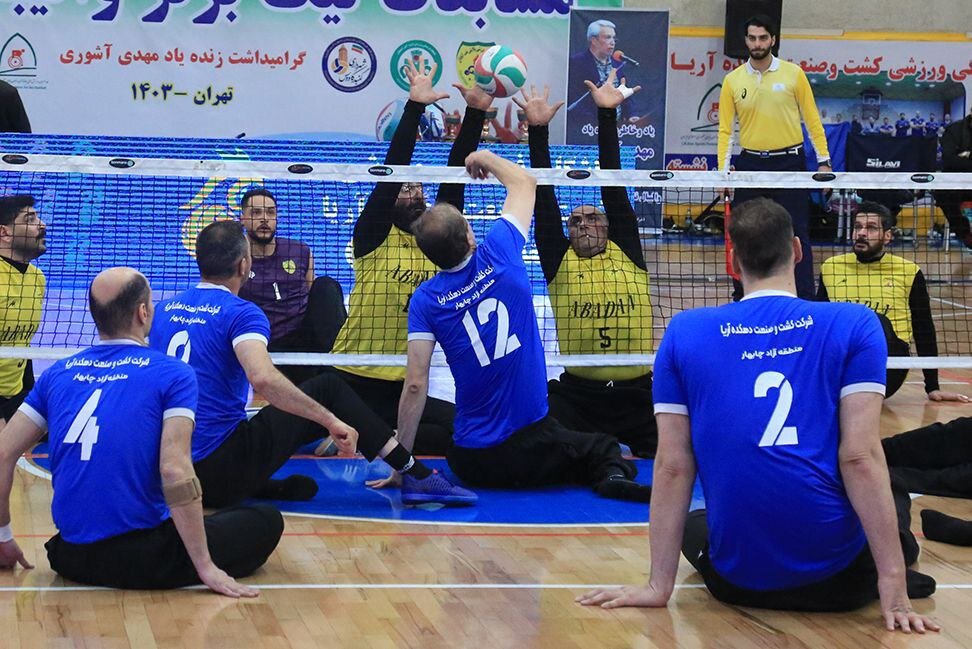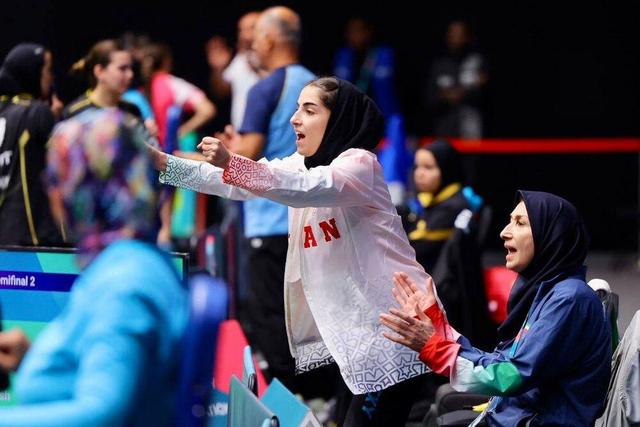'We're in a new world': Lawyers warn Palestine Action defendants could be denied fair trial
'We're in a new world': Lawyers warn Palestine Action defendants could be denied fair trial

Lawyers have warned that current plans to prosecute people on terrorism charges for supporting proscribed group Palestine Action could restrict their right to a fair trial.
The UK's Labour government banned the direct action group in July and since then some 2,100 people have been arrested at demonstrations opposing their proscription.
So far, 170 of those arrested, most of them pensioners, face charges under the Terrorism Act for holding placards reading, “I oppose genocide, I support Palestine Action.”
In two case management hearings last week, judges outlined a plan for their trials which would see the defendants tried five at a time in two and a half hour hearings.
There would be two hearings a day, starting on 23 March of next year. If all 2,100 people arrested end up being charged, this would amount to at least 400 trials.
“Each of the five individuals has the right to give evidence and to address the court in legal submissions,” solicitor Laura O'Brien told Middle East Eye.
“It's very difficult to see how you can facilitate that in two and a half hours,” she said, noting that most of the defendants lack legal representation due to an inability to access legal aid.
"It inevitably takes longer when you have unrepresented defendants,” she said. "This is a really short-sighted way of managing them. I think this is the court saying that saving court time is more important than the defendants’ right to a fair trial.”
At a hearing on Wednesday, defendants raised concerns that the time limit would not allow them the right to a fair trial and asked to seek an appeal.
But district judge Michael Snow was intransigent, responding that he was "satisfied that the time was sufficient".
“There were a lot of defendants who were concerned and stated that they were really worried,” Katie McFadden, a solicitor representing some of the defendants told MEE, adding that one of them said they felt like convictions were being “rubber stamped”.
'Treated with disdain'
If an ongoing legal challenge against Palestine Action's proscription by the group's co-founder Huda Ammori is successful, many of the prosecutions could be scrapped.
On Friday, the Court of Appeal dismissed the government's attempt to stop the judicial review, granting Ammori two further grounds to challenge the ban.
“It’s concerning that this judge has already determined there's going to be so little to say or to argue about or make submissions on. The cases are being judged before they have begun," O'Brien said.
'It feels like the defendants, particularly those who are unrepresented, are being treated with disdain'
- Laura O'Brien, solicitor
“It feels like the defendants, particularly those who are unrepresented, are being treated with disdain.”
Tim Crosland, a former government lawyer, emphasised that charges under Section 13, which prohibits the display or wearing of symbols of support for proscribed organisations, require a close examination of context.
“The test for Section 13 involves looking at all the surrounding circumstances,” he said.
“And if you look at the surrounding circumstances, it is obvious that what this campaign was really about is stopping terrorism laws being used beyond their remit and Britain’s complicity in a genocide.”
“And if you say people have got 10 minutes to present their case… there’s no time to talk about genocide. There’s no time to talk about Britain’s complicity,” he said.
The plan to streamline the hearings to save court time could ultimately end up wasting more time and resources further down the line.
Tight scheduling could mean that hearings run over and will have to adjourn to a different date, causing further delays.
“They can adjourn part-heard to come back on a different date, but that can be quite a significant amount of time afterwards, because it's going to need to be a date when all of the same parties are available again,” McFadden said.
She emphasised that the restricted timeframe will nonetheless pressure the courts to conclude the hearings quickly within the allotted time.
Crosland stressed that the courts are not equipped to deal with the unprecedented number of terrorism cases.
“It does seem like the system is having to deal with something it has never dealt with before,” he said.
Middle East Eye reported in September that four times as many people have been charged in the UK under Section 13 counter-terrorism powers since Palestine Action’s ban in July than during the entire "war on terror" since 2001.
The proscription of Palestine Action puts it legally on par with groups like Al Qaeda and the Islamic State.
“You’ve got very few courts, very few judges that are equipped to deal with these cases, and suddenly you’ve got 2,000 [of these cases] in just a few months,” Crosland said.
‘A new world’
The scheduling of the trial hearings also means that some defendants stand a greater chance of a fair trial than others.
Defendants at Thursday’s hearing were given trial dates for May, while Wednesday’s defendants were allotted dates in March; a week after the trials of three lead cases involving people who were charged in August.
McFadden said it is likely that there will be an appeal to the High Court following the trial of the first three defendants for clarification on the law, which would then create a binding precedent.
As the trials are being heard in the Magistrates’ Court, its decisions are not binding on any other courts, which means each case has to be litigated individually.
Whereas in the Crown Court, if multiple related trials are being heard, a preparatory hearing would make rulings in relation to all the cases, binding the other courts.
As a result, defendants whose court dates are listed in May are more likely to be subject to a binding ruling and there will likely be some clarity on the applicable legal arguments they can pursue.
Defendants whose dates are set in March, just a week after the lead cases, will not have this opportunity.
“So at that stage, there will be no binding authority, and we would be seeking to litigate every single one of those legal defences, and that's simply not possible within a half day period,” McFadden said.
'There are concerns that the court will take a deterrent approach'
- Katie McFadden, solicitor
“Realistically, it would need to be a three or four-day trial," she added.
Section 13 is considered less serious than Section 12, which carries a maximum sentence of up to 14 years' imprisonment.
But if convicted, the defendants - most of them pensioners - could receive custodial sentences of up to six months.
McFadden said that this possibility could not be ruled out.
“We’re in a new world now. As far as I’m concerned, if they are convicted, it would be incredibly low level, and they should receive no more than a fine,” McFadden told MEE.
“But there are concerns that the court will take a deterrent approach to stop others from taking part in similar protests in the future."













